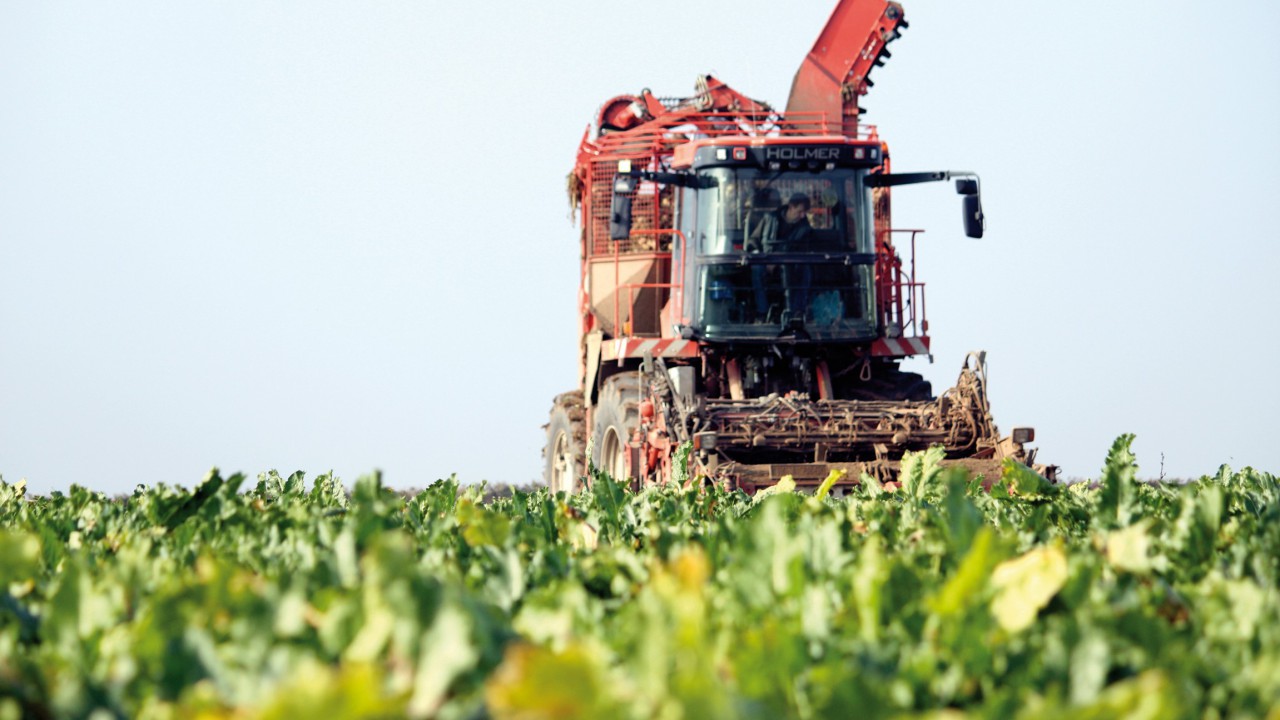Global agricultural chemical and drug maker Bayer has announced its intentions to appeal the recent ruling of the General Court of the European Union banning neonicotinoids.
The company is concerned that the verdict, which was announced in May, could have far-reaching consequences for the certainty and predictability of active substance approvals in the European Union (EU).
By appealing against the verdict, Bayer aims to ensure that some general interpretations of the crop protection law established by the court are re-considered.
The ban
Since 2013, there has been a moratorium on the use of three neonics – imidacloprid, clothianadin and thiamethoxam – on flowering plants that are attractive to bees, such as maize and oilseed rape.
However, a vote was held to extend the ban to all outdoor production crops, including cereals, fodder beet, sugar beet, and maize.
In light of the vote, the commission also proposed legislation to restrict the use of these three insecticides to controlled conditions inside greenhouses.
One of the products affected that British farmers will be most familiar with is Redigo Deter – a seed treatment which contains clothianidin.
The seed treatment protects winter cereals against aphids for six-to-eight weeks after sowing.
‘Not legally founded’
In a statement, Bayer said these interpretations may have importance beyond this particular case, adding that the firm believes they are “not legally founded”.
The statement added: “Bayer wishes to underline that it respects the European legislative process and accepts the recent decision of the EU Member States to broadly restrict the use of certain neonicotinoids in agriculture.
As a consequence, the company has withdrawn the clothianidin dossier from the ongoing renewal process.
“Bayer stands by the safety of its products – which have been approved by regulatory bodies around the globe – and reiterates the value that neonicotinoids have for farmers in managing pests effectively.”
Bayer is a global enterprise with core competencies in the life science fields of healthcare and agriculture.
Over the 2017 financial year, the group employed around 99,800 people and had sales of €35 billion. Over the same period, capital expenditures amounted to €2.4 billion, and research and development expenses to €4.5 billion.

